Hillsound operates on the ancestral, traditional, and unceded territories of the Coast Salish peoples–Sḵwx̱wú7mesh (Squamish), Stó:lō and Səl̓ílwətaʔ/Selilwitulh (Tsleil-Waututh) and xʷməθkʷəy̓əm (Musqueam) Nations. The crew of Expedition AKOR travels across and carries out research linked to the northern ecosystems in the traditional unceded lands of Anishinaabe peoples and the Kanien’kehá:ka (Mohawk) peoples, part of the Haudenosaunee Confederacy. It is a privilege to live, study, and grow on this land.
As you might recall from last year, we are supporting Expedition AKOR - the longest north-south crossing of Canada ever attempted. In total, the team will cover 7600km (equivalent of 180 marathons), over 7 months by using three means of travel (ski, canoe, and cycle) and spend 120 days in polar bear country. It’s now been over 3 months since the team set out on their expedition, and here is an update on their journey so far.
Nicholas, Guillaume, and Jacob set out on skis on March 19, 2021. They started from Eureka on Ellesmere Island (Nunavut, Canada) in -35 C (felt like -46 C) and pulled sleds of 300lbs (136kg) behind them carrying all of their gear and supplies. They combined walking with skiing, depending on the condition of the surface they were travelling on. At this point they managed to travel up to 23 km/day, and they reached their first supply station at Resolute Bay at the end of April.
After some well needed rest at Resolute Bay (Nunavut, Canada), their initial plan was to cross the Northwest Passage by skis. However, it turned out that the ice was melting very fast this year and made it impossible for them to pass the 120 km Barrow Strait - so they chartered a plane to get across. They did consider an alternate route, but it would have delayed their plans by 3 weeks and caused a lot of logistical problems. Once in the air with the bird's perspective of the strait, the hard call to decide to fly across was validated as the right thing to do. It was impassable. What they saw was miles of open water and moving ice.
The second phase of skiing started on May 11. They estimated that it would take 33 days to get to their next resupply site in Gjoa's Haven (Nunavut, Canada). They experienced warmer temperatures (around -10C) as they started skiing, which created an increased risk for more open water holes and water streams on the ice. As a proactive measure, they packed dry suits, rope bags, pulley systems, and carabiners to float their sleds if necessary. They managed to get across to Gjoa's Haven without any drama, said goodbye to their teammate Jacob as planned, and added two new team members Etienne Desbois and Philippe Vohgel for the 900 km canoe section of this expedition.
They started off with pulling their canoes over ice until they reached the mainland and could start navigating the thawed rivers. This is where they are at now. The plan is to keep the pace of 25 km per day and reach their next resupply station at Baker Lake (still in Nunavut, Canada) in approximately 26 days. They will then continue towards Black Lake (Saskatchewan, Canada) and set off on their bikes from there moving towards Point Pelee National Park in Ontario, Canada. They expect to finalize this expedition in September / October 2021.
So far, they have come across arctic foxes, some 10 polar bears (no negative encounters), seals, birds, and ducks. As they are travelling by canoe now, they expect to see more grizzlies and wolves. The team is in a good mood! You can follow their journey live here.


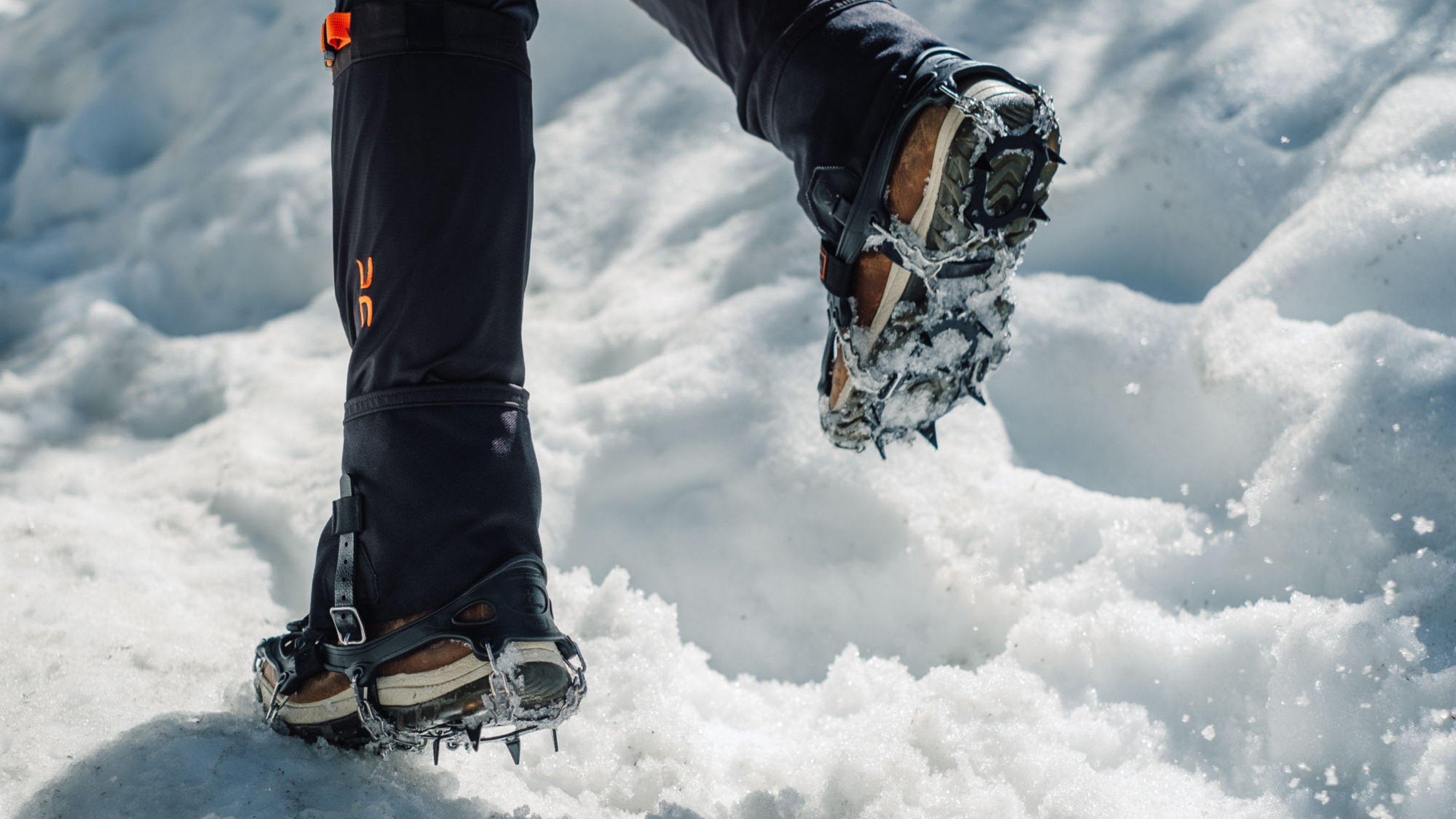
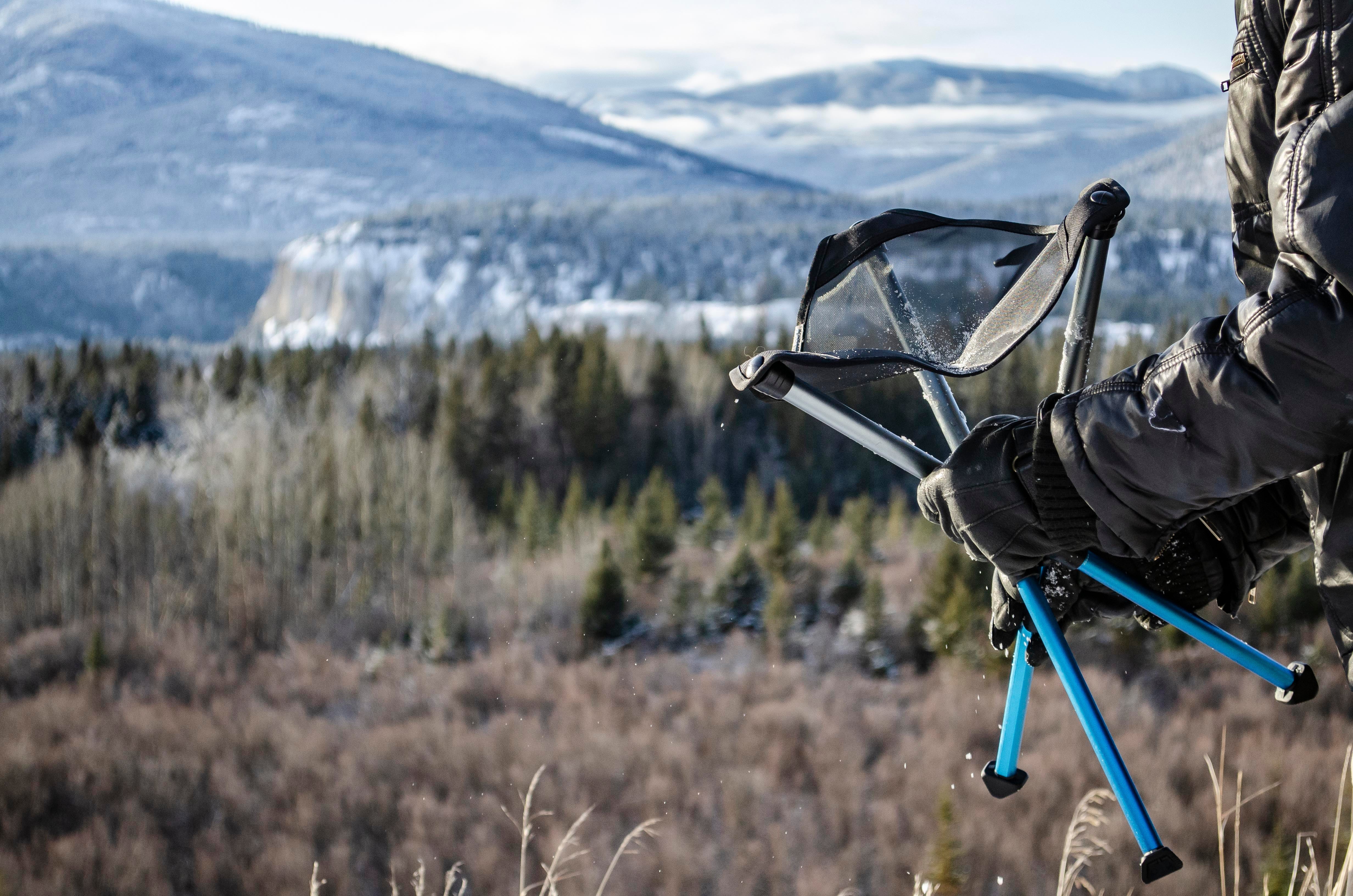
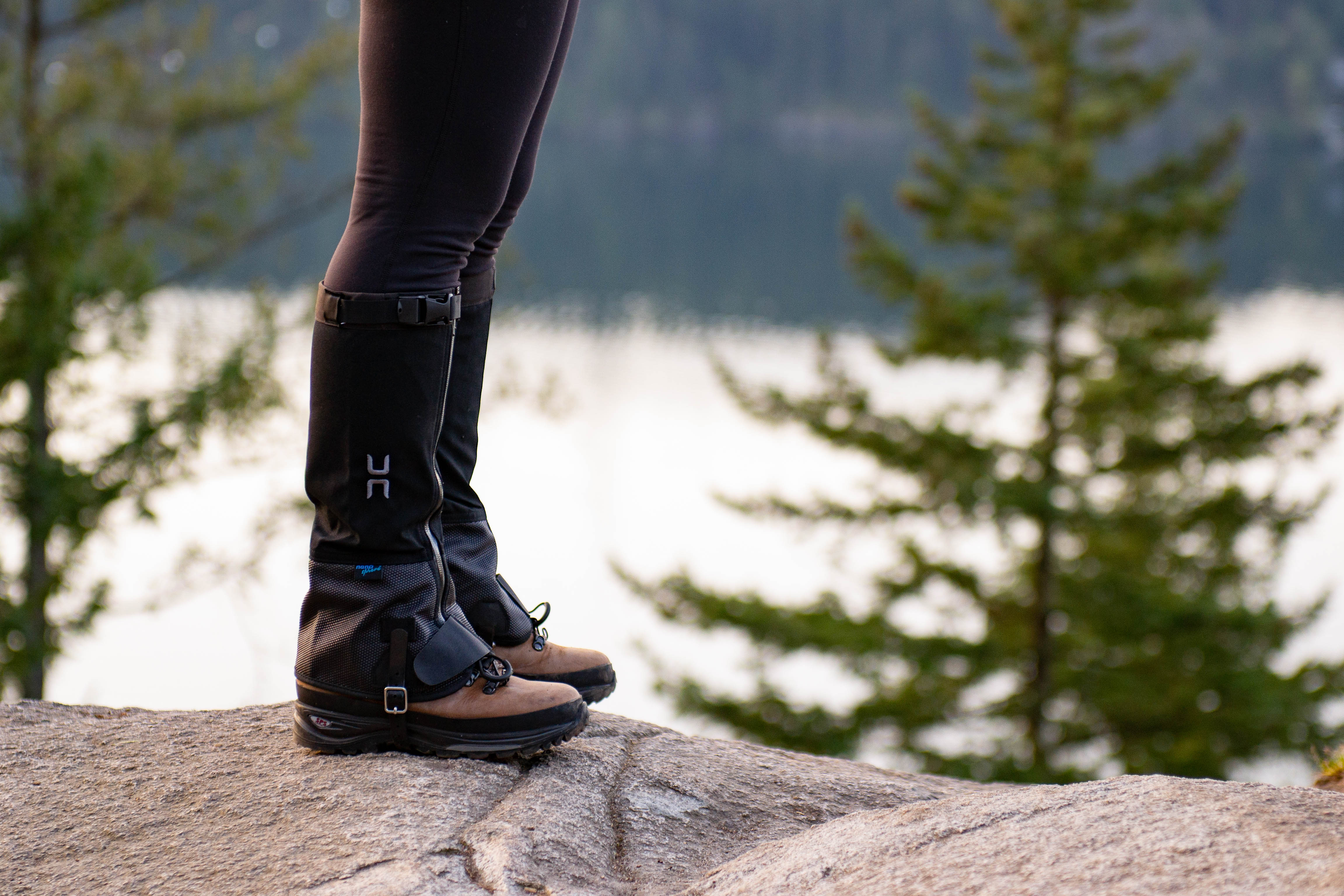
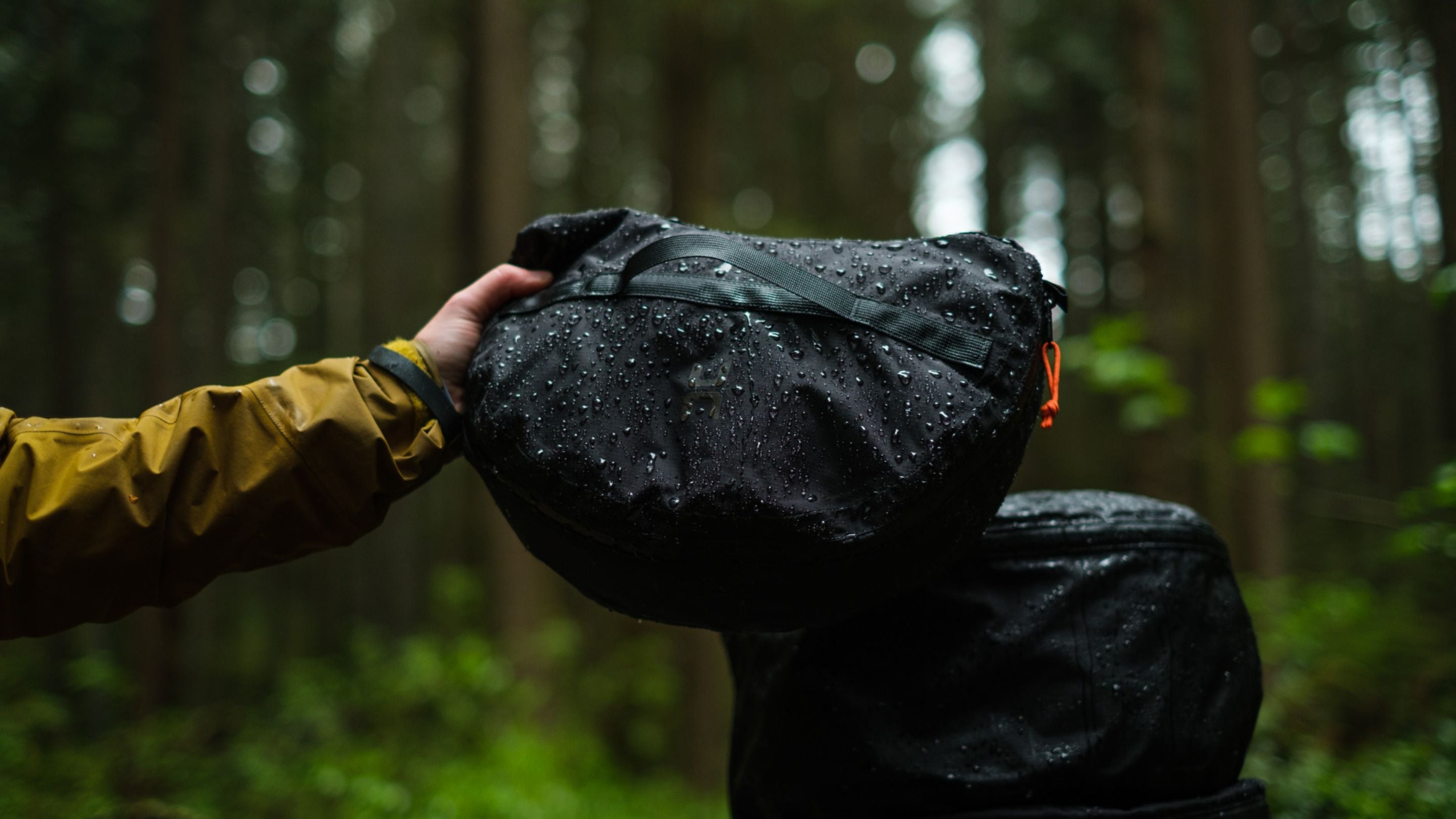
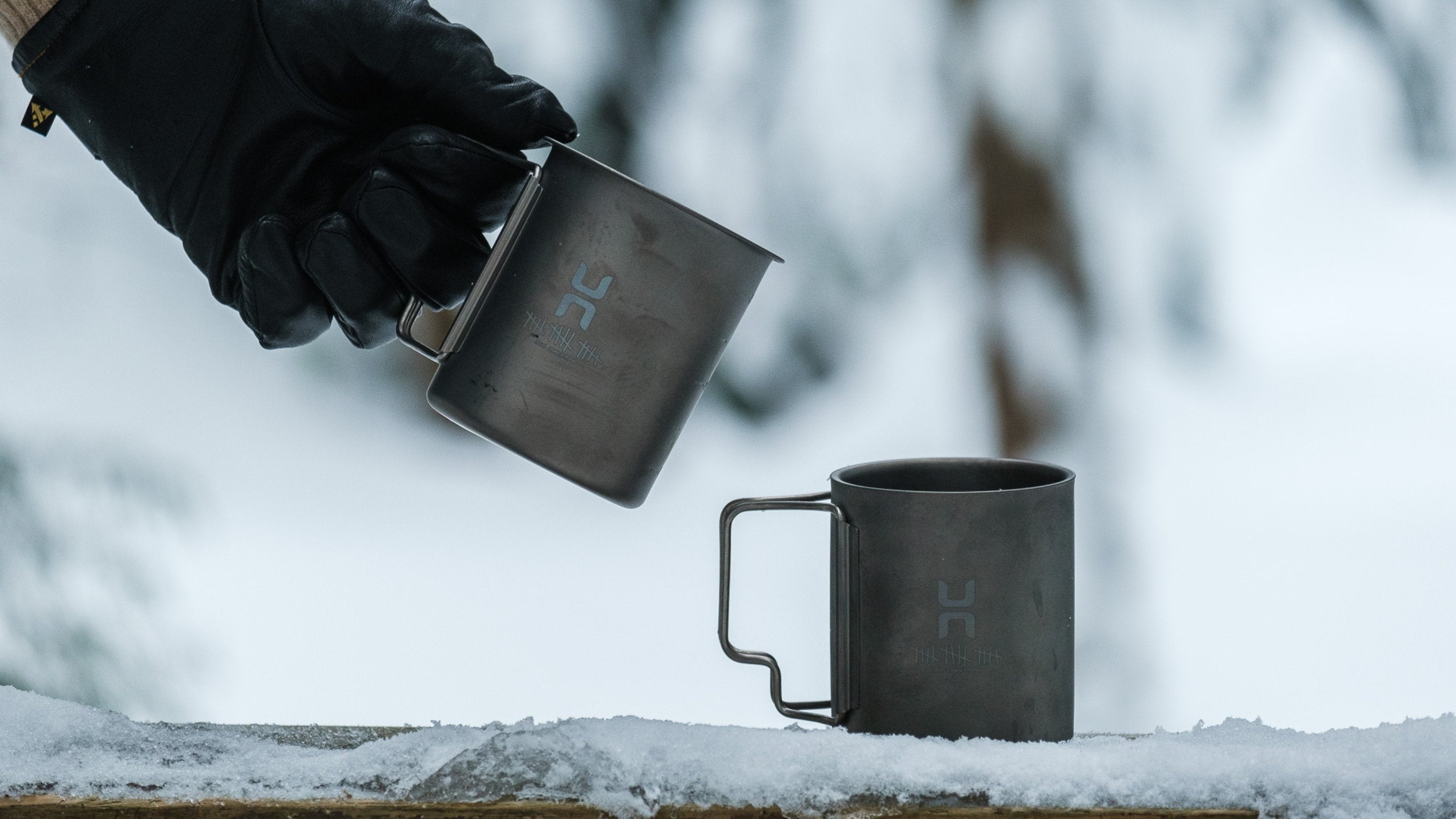
![Expedition AKOR, over 3 months into their journey - [Canada] Hillsound Equipment](http://hillsound.ca/cdn/shop/articles/expedition-akor-over-3-months-into-their-journey-978555.jpg?v=1678145390&width=1168)
![Which Hillsound Crampon is Right for Your Winter Adventure? - [Canada] Hillsound Equipment](http://hillsound.ca/cdn/shop/articles/which-hillsound-crampon-is-right-for-your-winter-adventure-231615.jpg?v=1729689708&width=1080)
![The Best Backpacking Recipe Guide: Delicious Meals for Outdoor Adventures - [Canada] Hillsound Equipment](http://hillsound.ca/cdn/shop/articles/the-best-backpacking-recipe-guide-delicious-meals-for-outdoor-adventures-377677.jpg?v=1696535700&width=1080)
![Celebrating LGBTQ+ Outdoor Instagram Content Creators for Pride Month - [Canada] Hillsound Equipment](http://hillsound.ca/cdn/shop/articles/celebrating-lgbtq-outdoor-instagram-content-creators-for-pride-month-807396.jpg?v=1685693488&width=1080)
Leave a comment